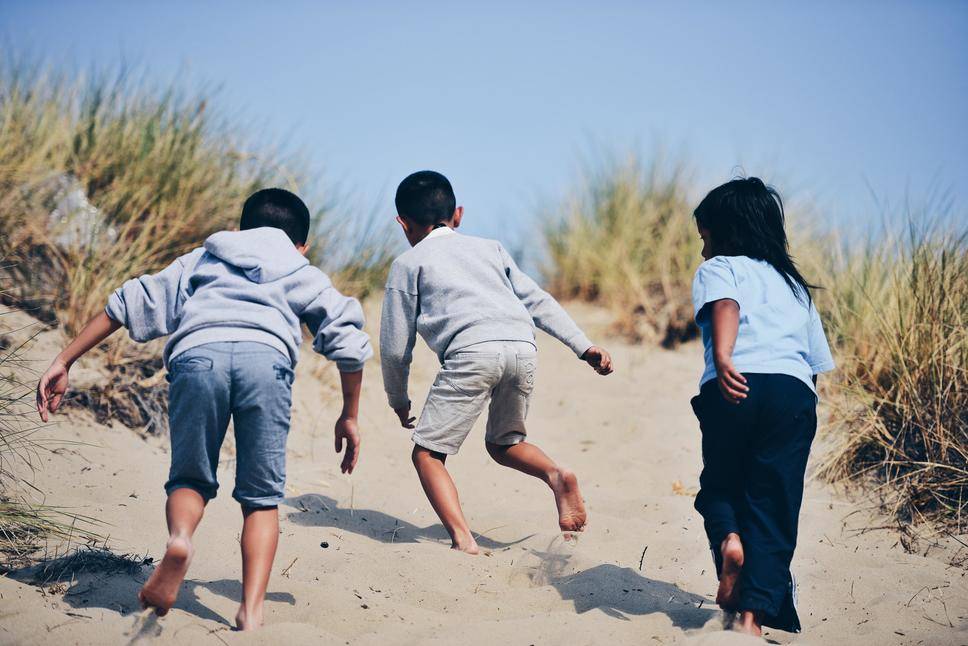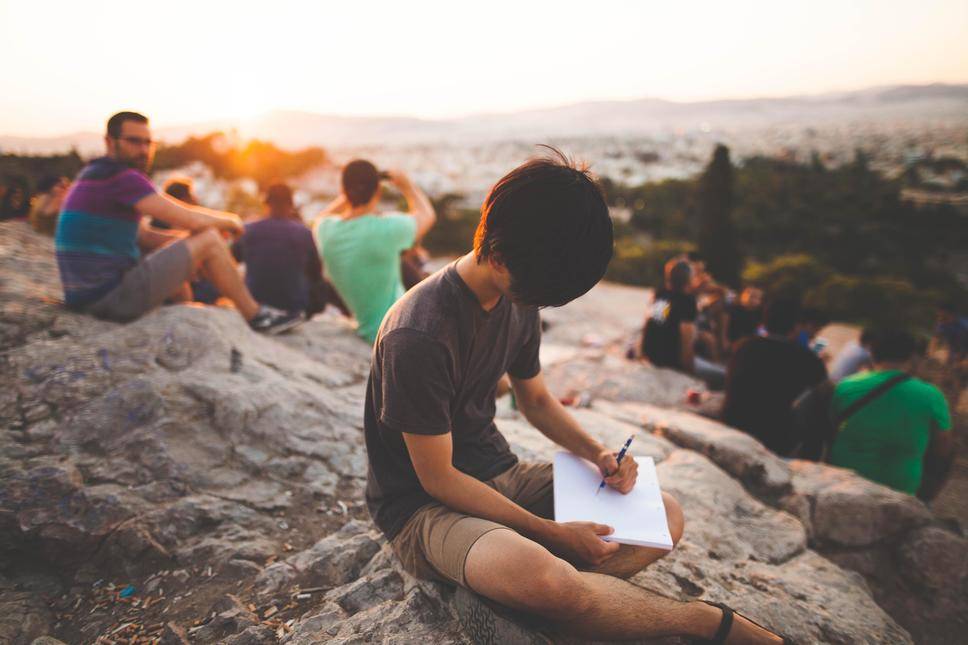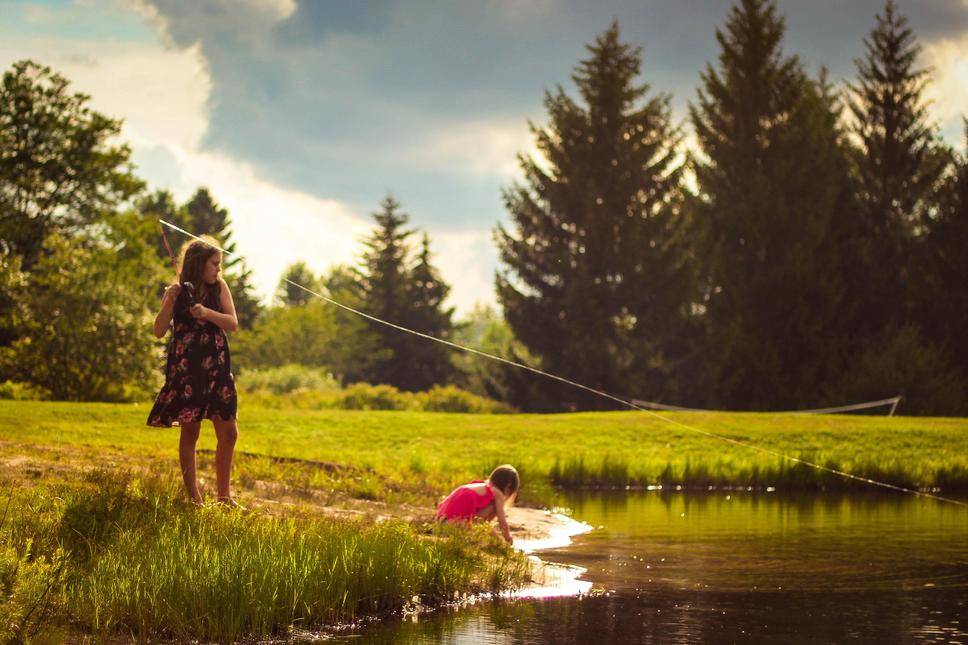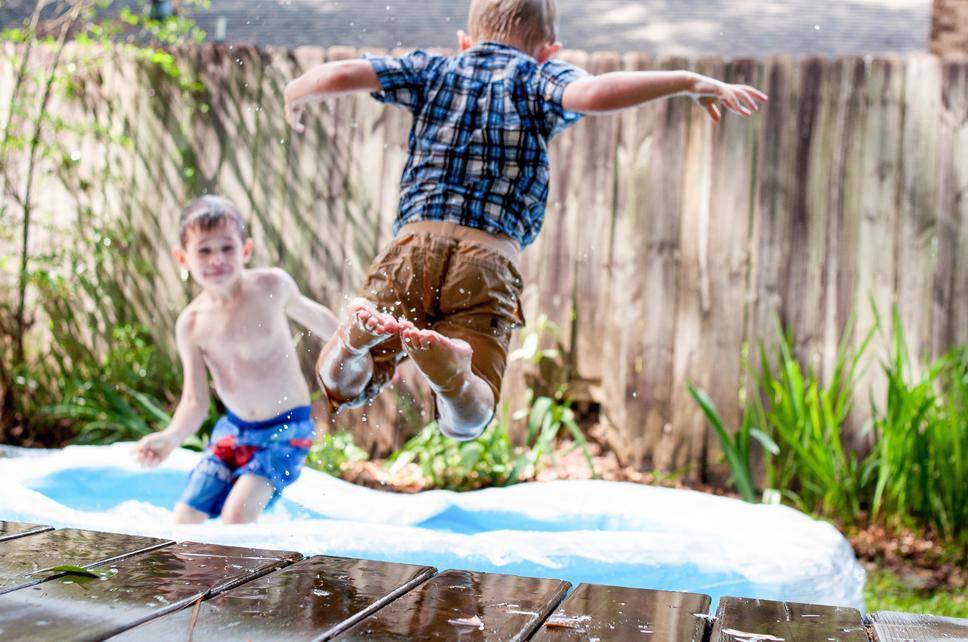Getting Outdoors: Our Health Experts Weigh In
Whether it's a camping holiday in the countryside or a weekend bike ride, the experts are in agreement: the healthiest thing you can do as a family this summer is to simply step outdoors and get moving. In this article, we'll be taking a look at the numerous benefits of outdoor exercise.
To maintain a basic level of health, children aged five to 18 should get at least one hour of physical activity every day, according to the NHS. However, new figures show that only 22 per cent of children in England achieve this and less than one in ten under-fives meet the guidelines for their age. Children are paying a huge cost for sedentary lifestyles, putting them at increased risk of conditions in later life such as type 2 diabetes and heart disease. A factor that people sometimes forget are the benefits of outdoors on mental health. Numerous studies have found that British children are some of the unhappiest in the world; a recent international study put the UK 38th out of 48 countries for overall happiness of 15-year-olds.
The good news is that meeting the daily exercise and screen-time requirements can make a huge difference. A US study recently found that children who follow government advice on physical activity, screen time and sleep have an 89 per cent lower risk of being obese. Here, our experts reveal why it's time to get the kids outside.

Build emotional resilience
Sue Palmer is a former primary school head teacher and author of the book Toxic Childhood. She also campaigns for the introduction of a kindergarten stage for three to seven-year-olds. She says:
'Children are trapped between cool - iPads and other devices - and school from the age of four or five.
'Playing outdoors and doing things for yourself like building dens or making perfume from petals is incredibly important in developing emotional resilience. If a task doesn't work the first time, the child will try a different way until they succeed. Studies have shown that the satisfaction a child gets from achieving self-made play goals outdoors has enormous repercussions for mental health.
'Playing outside with other children increases adaptability and social skills. It teaches them how to collaborate to get things done. That's why I'm campaigning for a Nordic-style Kindergarten system until the age of seven which allows children to play in an unstructured way for those crucial early years.
'Camping with children is a great way to do this. Or just go to the local park after school.'
Boost brainpower
Leading neuroscientist, Baroness Susan Greenfield, is a broadcaster and writer of numerous books including Mind Change, which looks at the effects of technology use on young minds. She says:
'Studies have shown that physical activity can boost cognitive skills. We know that exercise enhances neurogenesis - the growth of brain cells. A raft of different studies has shown that executive function - the mental skills that get things done - is enhanced really significantly with exercise.
'Recent data suggests that physically active children have more active brains. Researchers found that after 20 minutes of activity children scored better in reading, spelling and maths, while just one active lesson at school resulted in a 21 per cent reduction in the time teachers spent managing behaviour.
'Technology only engages two senses - hearing and vision. Being outside stimulates all five. By interacting with nature you learn that, unlike in a computer game, actions have consequences. For instance, if you're climbing a tree you modify your behaviour to achieve that goal.'

Engage with nature
Psychologist and acclaimed parenting guru Steve Biddulph has written bestselling books including Raising Boys, Raising Girls and his latest 10 Things Girls Need Most. He says:
'I work with many parents around the world, and I sometimes ask, "What is your best memory of your teenage years?" And so often, they say it was being on holiday somewhere wild and natural, a wild beach or mountains, with their dad and mum. Our eyes, ears, hands, limbs, feet and our brains need the complex and richly sensory world that only nature can provide. Rough ground makes our feet and limbs grow stronger, our brains more agile. The message isn't just it's healthy to get outdoors. It's that in the complexity and richness of the natural environment, a child's senses begin to work at a significantly more refined and detailed level.'

Maintain a healthy weight
Dr Arvind Nagra is consultant paediatric nephrologist and clinical lead for transitional care at Southampton Children's Hospital. She says:
'More than one in five reception class children are classed as obese or overweight. By the time they leave primary school this has risen to one in three.
'If your child is overweight or obese, as they get older they have a greater chance of developing diabetes or high blood pressure, which are not only risk factors for heart disease, but also the leading causes of kidney disease. In our obesity clinic we see children as young as ten with Type 2 diabetes and those aged 12 or 13 presenting with high blood pressure and kidney disease.
'We're also seeing children with joint problems - because they're so young when they're obese the bones aren't fully calcified and we're seeing bowing of the legs. Getting your children involved in physical activity every day is a big part of the solution - but you can't get the kids active unless the whole family adopts a more active lifestyle.'
Good for grandparents
Leading doctor, Professor Sir Muir Gray, is former chief of knowledge for the NHS and a champion of keeping active in old age. He's also the author of numerous books on the subject, including Sod Sixty, Sod Seventy and Sod Sitting. He says:
'It's very important for older people in their 60s, 70s, 80s and 90s to keep physically, mentally and socially active, and getting out and about with grandchildren is a great way of doing so.
'We're seeing more older people helping out in schools with things like reading, but involvement shouldn't just be limited to sedentary indoors pursuits. I believe the older generation should be involved in swimming groups and other sporting activities too.
'Much of what we see as the inevitable decay of the body as part of the ageing process is actually down to the extended periods of sitting down in the modern world we live in. So time spent with the grandchildren, especially outdoors, is a great way of keeping moving.
'As we age, the attitudes of others towards us may also change. People often say things like, "Oh don't you struggle with those shopping bags, let me do it for you", when in fact that "struggle" is exactly what people pay to go to the gym to do. Change your own attitude to fitness. Don't become dependent on others. The benefits are not only on a physical level - activity can help to reduce the risk of dementia.' Cycling is a great way to do some gentle exercise.
Quality family time
Karen Bellairs is Halfords' Chief Customer Officer and mother to Florence, seven and Barnaby, five is a firm believer in the benefits of being outdoors. She says:
'It's so important to foster a spirit of adventure in children and give them the freedom to explore the world around them. As a family we love to spend time outdoors. We're always in the garden whether it's for a game of football, planting seeds together or bouncing on the trampoline, or we go for walks and on scooters or bikes for picnics.
'The children love to climb trees, make dens and use their imagination! They always eat and sleep better after time outdoors and are calmer for it too.
'This summer we're planning to go on a staycation with the tent and our bikes - and this weekend the children are looking forward to putting the tent up in the garden for a sleepover.'

